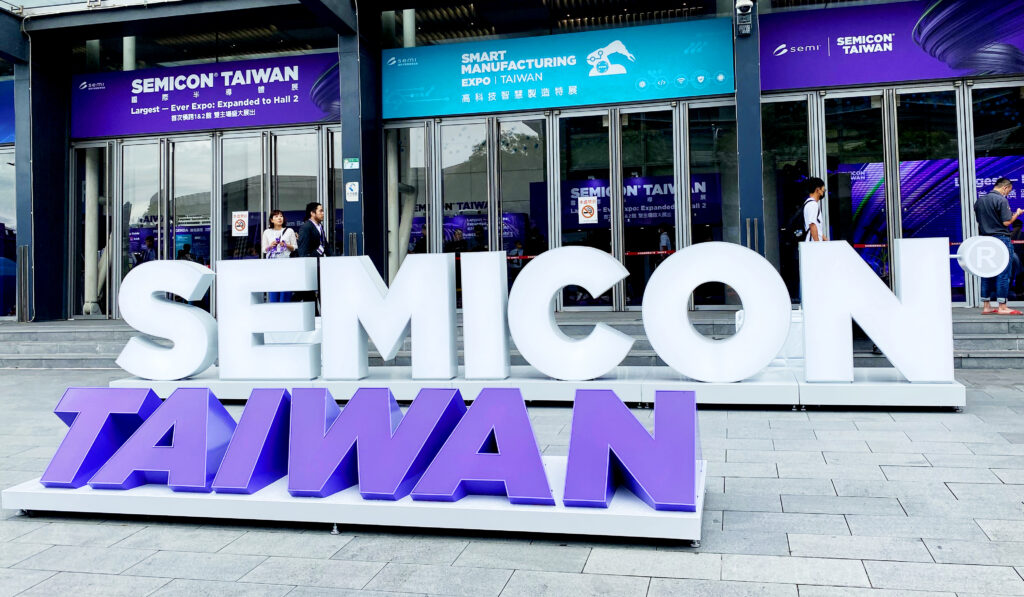
SEMICON Taiwan, the local semiconductor industry’s annual flagship event, recently concluded, leaving attendees with the latest technological advancements and a growing emphasis on talent incubation.
Despite occasional blips, the industry continues to surge, with demand spanning the globe. New markets are stepping up the pace to establish their presence in this strategically vital field.
Strong global demand has opened up a multitude of opportunities. However, companies could be better prepared to effectively ride this wave. As the semiconductor industry continues its rapid evolution, the need to attract diverse, global talent becomes more pronounced. The challenge is exacerbated by declining fertility rates and the allure of what are still seen as sexier tech industries such as software, which make it hard for semiconductor companies to pull in the talent they badly need now and for the future.
As semiconductor businesses expand their global reach, it becomes imperative for them to establish effective lines of communication with local employees and the communities in which they operate. This extends beyond just introducing their brands to each market; it is a crucial part of ensuring the smooth operation of their in-market activities. Meaningful, consistent engagement with local stakeholders — especially potential hires and current employees — contributes significantly to the overall business impact and success of the company. Here are three essential elements for companies to consider when devising their employer branding strategy:
- Emphasis on Impact: Today’s emerging talent is driven by purpose. Millennials and Gen Z talent in particular value job security but are increasingly drawn to environments that offer continuous learning and are committed to making a positive impact.
In the past, semiconductor brand communications have often emphasized benefits while neglecting discussions about company values and impact. Semiconductor brands are integral to daily life, and companies can find ways to showcase their contributions, from empowering various industries to fostering positive social impact. - Tailored to Diverse Audiences: The shrinking talent pool means that companies need to cast a wider net, and their communications must speak directly to each audience. Where semiconductor brands could once focus squarely on engineering students and use terminology particular to them, now the communication language needs to be much more nuanced to find favour with different groups.
For instance, when working on a talent recruitment campaign in Taiwan for a leading European semiconductor equipment supplier, we expanded communication beyond the traditional talent pool of electronics engineering to reach unique sectors like aircraft maintenance. The campaign incorporated gamification and augmented reality, making the brand more approachable and compelling to those who were not familiar with the company. - Cross-market Cultural Sensitivity: Given the global nature of the semiconductor industry, companies need cultural literacy and expertise in cross-market communication to effectively approach and nurture talent from around the world. The key is to deliver a consistent message while demonstrating understanding of local uniqueness.
For the company to function as one, its vision, mission, and values must carry across markets to ensure everyone in the company is working towards the same goal. However, how those values are communicated matters more than many businesses realize. It is here that communications experts can make the difference between a message taking hold or sinking without trace. This has become clear as we see more Asian firms facing headwinds as they expand westwards.
Building a strong employer brand requires time and effort, but the investment is more important than ever for semiconductor companies to succeed in a fiercely competitive market. A strong and resilient company culture is a hygiene factor. Communicating it in a consistent, compelling, and values-driven way that resonates with a diverse pool talent is the central to navigating the challenging shift in talent demand and ultimately maintaining a healthy and sustainable business.
To learn more about our work in Taiwan, please contact Stephanie at [email protected]

